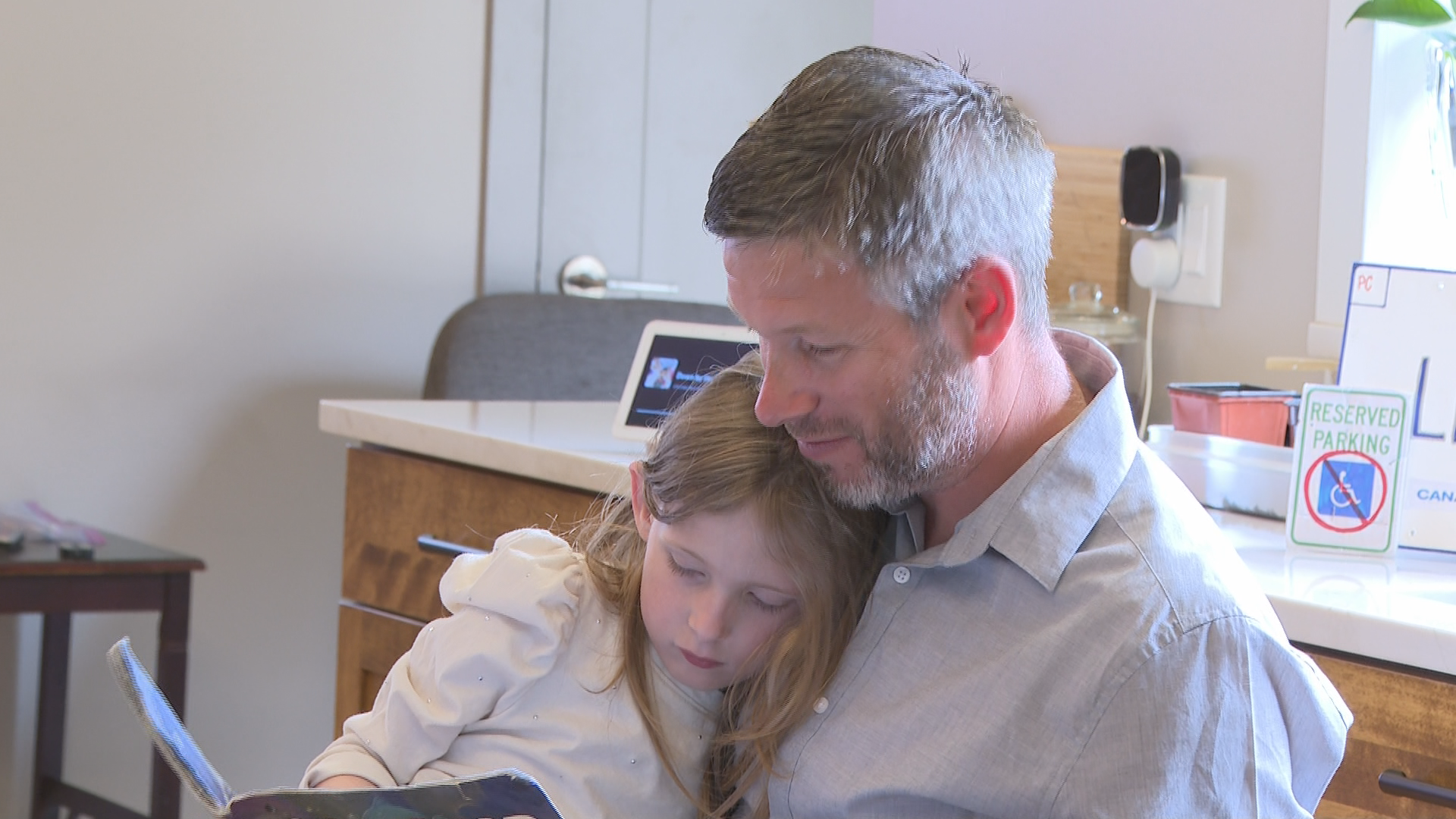With no end in sight to the education worker strike in the Halifax region, concerns are mounting for the kids who cannot go to school.

One family says parents have been left in the dark and their children are isolated from their peers and learning supports.
Their daughter, 7-year-old Emerson, loves to read and listen to music. She also loves going to school.
Right now she cannot attend class because she requires the aid of support workers who are currently on strike calling for better wages.
Her parents, Dale King and Erin Robichaud, say that means she and other kids who are impacted are missing out on vital specialty services.
Neither parents knows when Emerson will have access to these services again or who to reach out to for the support.
They says it’s a real struggle for parents of children with complex needs to find additional help during the strike. King and Robichaud say they’re fortunate because they work from home, but know many others who are facing challenges.

Get breaking National news
“You don’t have neighbors or friends that can easily take care of your disabled child. They’re not equipped to do so,” says King. “They’re uncomfortable to do so. Finding a daycare for a disabled child is not easy.”

Robichaud says she does not support the hiring of replacement workers to help.
“If if an outside worker was to come in and say ‘we will take on Emerson,’ I still would not send Emerson,” she explains. “The knowledge that it takes to take care of her safely goes well beyond one person coming in and doing that job. So that aspect of it does not sit properly with me.”
She says Emerson was offered about 45 minutes of in-school learning each day, which could be spent in the classroom and resource center.
“We decided not to do that,” Robichaud says. “In 45 minutes, if I take her to school, I’m getting her shoes off, I’m getting her shoes back on. And, she doesn’t understand why she can’t be in the class reading with her peers, that she loves.”
Meantime, the presidents of both CUPE Local 5047, which represents striking workers, and the Nova Scotia Teachers Union took to the picket line together for the first time on Friday.
CUPE’s Chris Melanson says the strike is being dragged out because Nova Scotia does not have legislation prohibiting the hiring of replacement workers.
“I’m not sure if they’re trying to starve our members out,” says Melanson. “I’m not sure if they’re willing to to actually play the game of outlasting people.”

NSTU President Ryan Lutes says he was joined by teachers on the picket line in Lower Sackville to stand in solidarity with the workers.
“Teachers are really noticing their absence,” says Lutes. “A member of the school family that ultimately supports kids is not at work right now. Schools are really struggling without them.”
The Halifax Regional Centre for Education (HRCE) says it continues to seek additional staff to support schools during the job action.
“Students will not be penalized for the time spent absent from the classroom as a result of the job action,” says communications officer Lindsey Bunin. “All students are being provided learning opportunities in some form and each students’ progress continues to be reviewed to ensure they meet with success based on their individual plans and grade-specific outcomes.”
She says no further talks with the union are scheduled at this time.
“You put all your faith into an institution — institutions in this case — and you’re being shunned,” says Robichaud. “We’re basically out of school. Never in my life did I think I would be fighting for any of my children to go to school.”
King adds they’re also concerned because next week marks Access Awareness Week in Nova Scotia, which aims to raise awareness and inspire action on disability issues.
“I urge Premier Houston and the Minister of Education to get back to the table and work out a deal for our most vulnerable children,” says King.









Comments